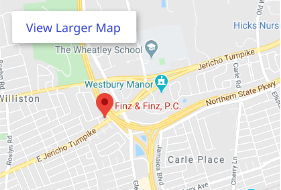These days, pretty much everything has an early warning system. Early warning systems were originally developed in case of natural disasters, such as earthquakes or tsunamis, to warm the public and allow people to seek shelter or safety before the brunt of the disaster struck. But now there are early warning systems for bank fraud, teenagers at risk for dropping out of high school, and almost anything else you could think of. People like early warning systems. They help us feel safe.
Not all early warning systems are man-made, however. Nature created the first early warning systems. These warnings come in many different forms. Fear is one of these, our body’s natural way of telling us that something is wrong. Sweat can be a warning that we are at risk of overheating.
One of the most important of these natural early warning systems is in regard to our hearts. There are many ways our body can signal to us that a heart attack might be imminent, and we should be on the lookout for these signals. These signs include:
- Shortness of breath
- Pain in the upper back, jaw, head, or a toothache
- Nausea or vomiting
- Indigestion or severe heartburn
Of course these are not the earliest warning signs for heart trouble. These are only the signs that a heart attack could be coming. Coronary Artery Disease can be detected much earlier through a variety of tests that should be performed by your physician if you display any symptoms or are in a high risk group. Unfortunately doctors all too often fail to perform these life-saving tests. If you or a loved one has suffered due to a doctor failing to diagnose Coronary Artery Disease, please contact a lawyer to help you get the compensation you are entitled to.




























